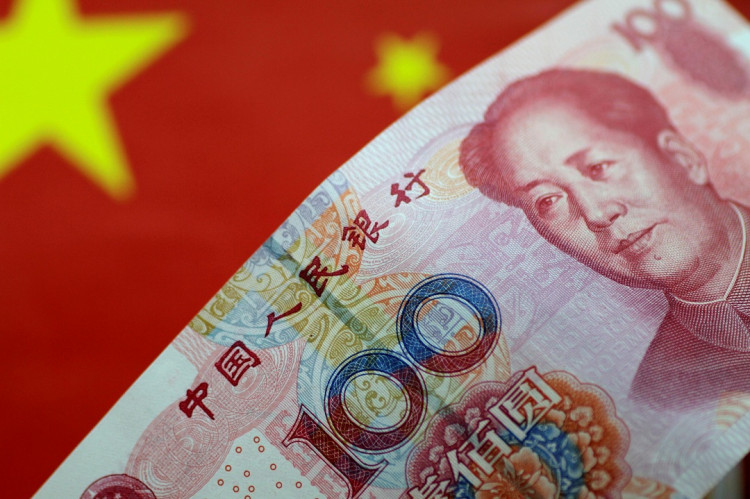Due to the rapid spread of unregulated lending, which has resulted in billions of yuan worth of fraud and defaults, China's Hunan province has now imposed a blanket ban on all types of peer-to-peer (P2P) lending.
Local regulation officials announced on Wednesday that all lenders throughout the province will no longer be allowed to conduct any new business.
The move is one of the most radical steps that have been taken by a provincial government to curb the spread of unregulated lending.
According to the Hunan Provincial-Local Financial Supervision Administration, it has been forced to impose the ban on P2P lending due to the fact that none of the domestic players have complied with its previously imposed regulations.
The agency stated that there are currently 24 local P2P lending platform operators in the province, and all of them will no longer be able to conduct any new business starting this week.
It was also stated that P2P lending companies based outside of the province will be banned from operating their business in Hunan.
According to analysts, officials likely saw the tough approach to discipline the unchecked industry as a necessary move. Hunan regulators have already tried to impose strict rules, but that strategy has unfortunately failed.
Putting a complete stop to the industry as a whole is likely the only viable option for regulators to temporarily solve the problem.
Patrons of these types of financial services have continually complained of having been scammed by smaller operators. Government agencies have tried to impose laws and regulations, but this has done little to put a stop to the growing number of companies putting up P2P lending businesses.
P2P lending services typically connect borrowers directly to willing lenders, essentially skipping traditional banks. This type of business has become an example of China's shadow banking sector and is very prone to abuse and illegal activities.
Some of the ways companies have abused the industry is with the establishment of Ponzi schemes and the gross misappropriation of investors' funds for personal use and risky investments. Due to the rapid growth of the industry, government regulations have failed to catch up and the sector has essentially become out-of-control.
According to industry data for the month of September, close to 6,000 P2P companies have quit operations and defaulted on payments. The data also reveals an estimated $30.1 billion is involved in these transactions from more than 2.7 million lenders. The money placed by typically smaller investors with little to known financial knowledge is at great risk.






